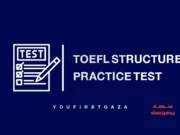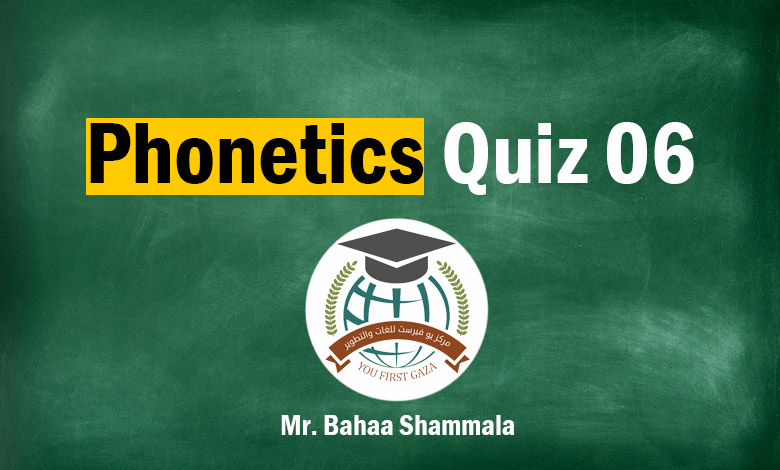The questions in this quiz are from The Study of Language (THIRD EDITION) book written by GEORGE YULE.
This quiz is not only for BSED majoring in English but also for everyone, especially YOU!. . .
It contains different questions about the topic mentioned above. So, jump right in, and enjoy the quiz!
Results
Excellent, you pass the quiz successfully.
Unfortunately, you failed.
Try again
#1. having, or being able to use, only one language
#2. aspects of pronunciation that identify where a speaker is from
#3. a line on a map separating two areas in which a particular linguistic feature is significantly different, used in the study of dialect
#4. the study of language variation based on where different varieties of the language are used
#5. a variety of a language that developed for a practical purpose such as trade, but which has no native speakers
#6. What is a variety of a language that developed from a pidgin and is used as a first language by a population of native speakers?
#7. ‘non-mobile, older, rural, male speakers’ selected as informants in dialect surveys
#8. the state of having two languages
#9. a line representing a set of isoglosses, used to separate one dialect area from another
#10. a situation where there is a ‘high’ or special variety of a language used in formal situations, and a ‘low’ variety used locally and informally
#11. the variety of a language treated as the official language and used in public broadcasting, publishing and education
#12. the range of varieties that evolves in communities where a creole is spoken, usually as a result of decreolization
#13. What is the study of dialects?
#14. the process of development from a pidgin to a creole
#15. the main source (language) of words in a pidgin
#16. aspects of the grammar, vocabulary and pronunciation of a variety of a language
#17. a term used to describe a native speaker of two languages or a country with two official languages
#18. What is the process whereby a creole is used with fewer distinct creole features as it becomes more like a standard variety?
#19. the gradual merging of one regional variety of a language into another
#20. being capable of speaking two dialects
#21. choosing and developing an official language or languages for use in government and education









































